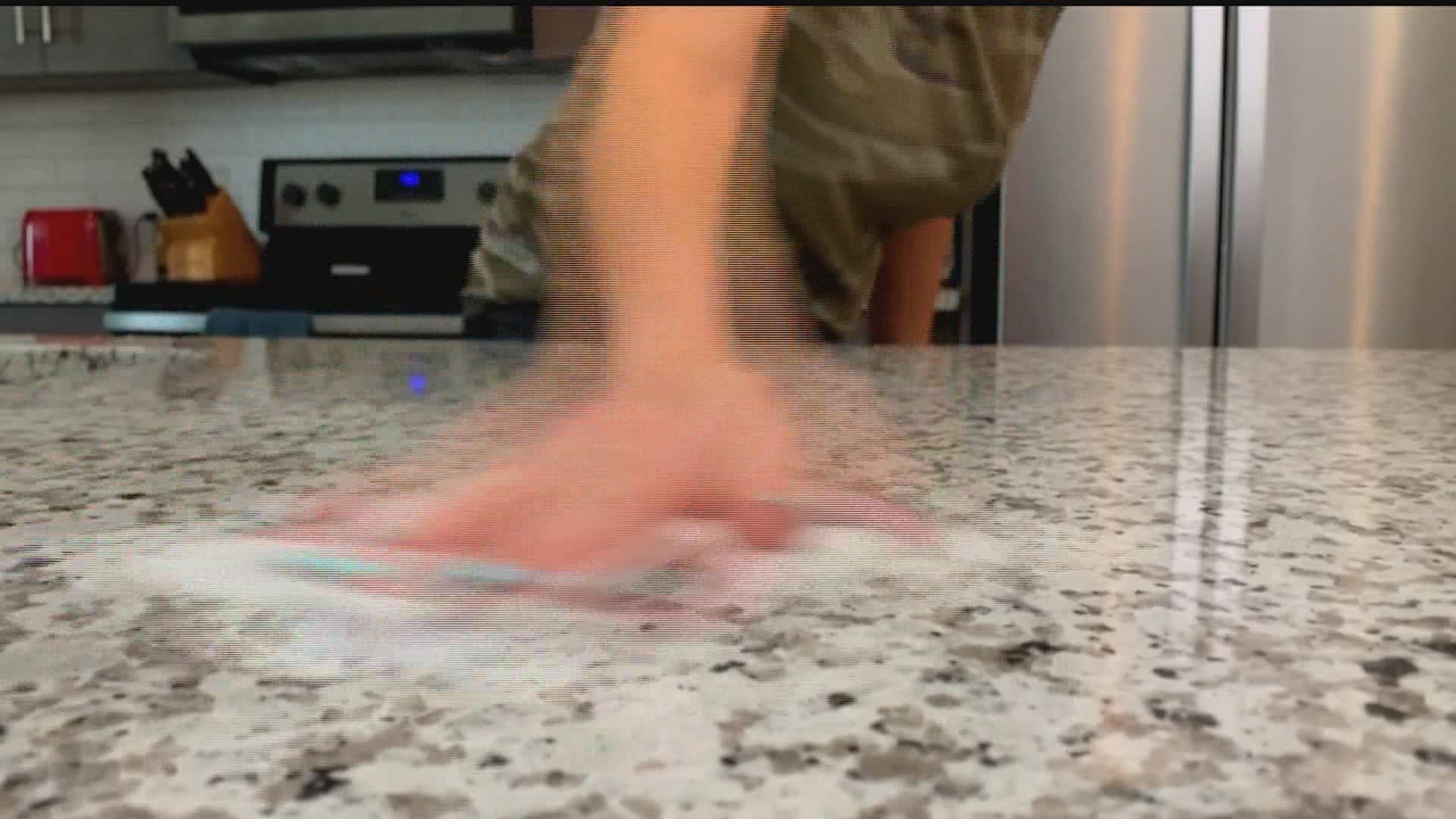YORK, Pa. — As experts continue to investigate COVID-19, it may seem like you hear a fact one day, and then the next day, something contradicts it. A major topic of concern since the start of the pandemic is how the virus is spread, which many people are now accusing the CDC of changing it's stance on. So what really happened?
In March, the Centers for Disease Control and Prevention's website stated it "may" be possible to pass the Novel Coronavirus from contaminated surfaces or objects. It added though, that it did not think that was the main way the virus spread. People still started disinfecting all of their groceries and mail.
Then, changes were made last week to the transmission page, stating person-to-person contact was the most likely way to transmit COVID-19 and added a subsection that explained the way the virus likely does not spread, including touching surfaces or objects. The change confused some, who thought the CDC received new science that made them change their views. People stopped disinfecting their groceries and mail, so they changed it again to clarify.
So here's the bottom line. The CDC initially said it "may" be possible to transmit COVID-19 from surfaces and then switched formatting around saying that it's "less likely." It may sound different, but health and wellness expert Dr. David Geier says they mean the same thing: that it's rare to get it that way, but possible.
"In order to catch the virus by touching a surface, the virus has to be transmitted in large enough amounts and then survive on that surface long enough for you to touch it, then survive on your skin until you touch your nose and your mouth," said Geier.
Dr. Geier said the CDC has not changed it's position, but rather that it's emphasizing that the risk seems to be lower than human-to-human contact.
The CDC says to lower your risk of getting COVID-19, people should continue to wash their hands often and clean and disinfect dirty surfaces that could be harboring the virus.
The confusion over the CDC's website changes and how the virus is transmitted comes as the White House continues to criticize the agency over it's response to the pandemic. Last week, White House trade adviser Peter Navarro blasted the health agency over flawed coronavirus test kits, which led to a delay in testing nationwide.

